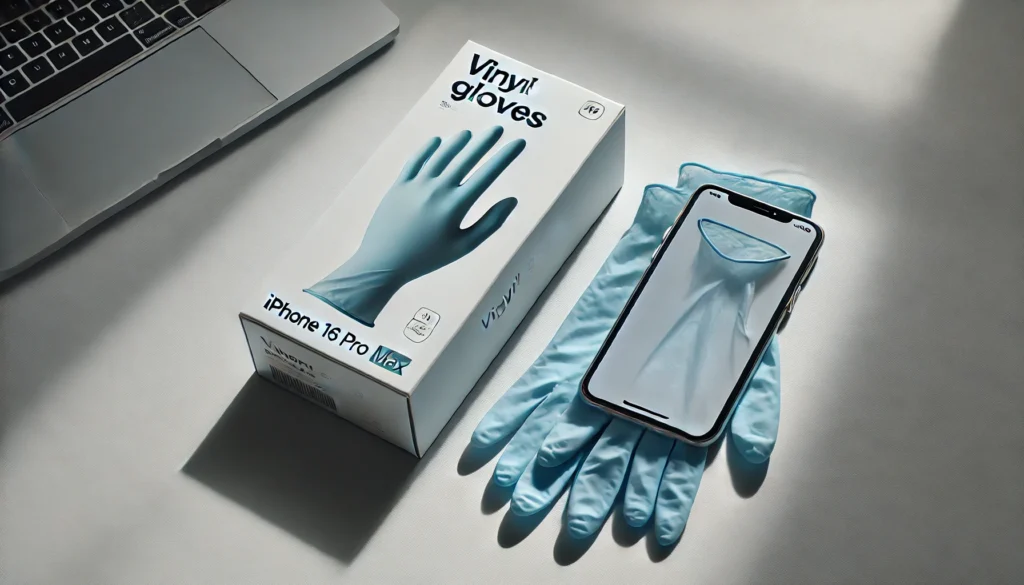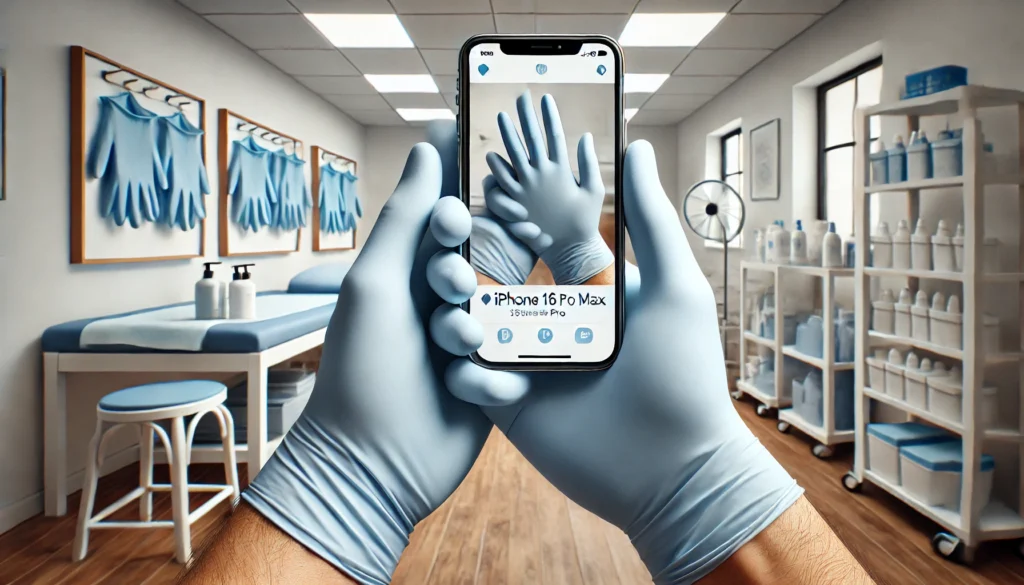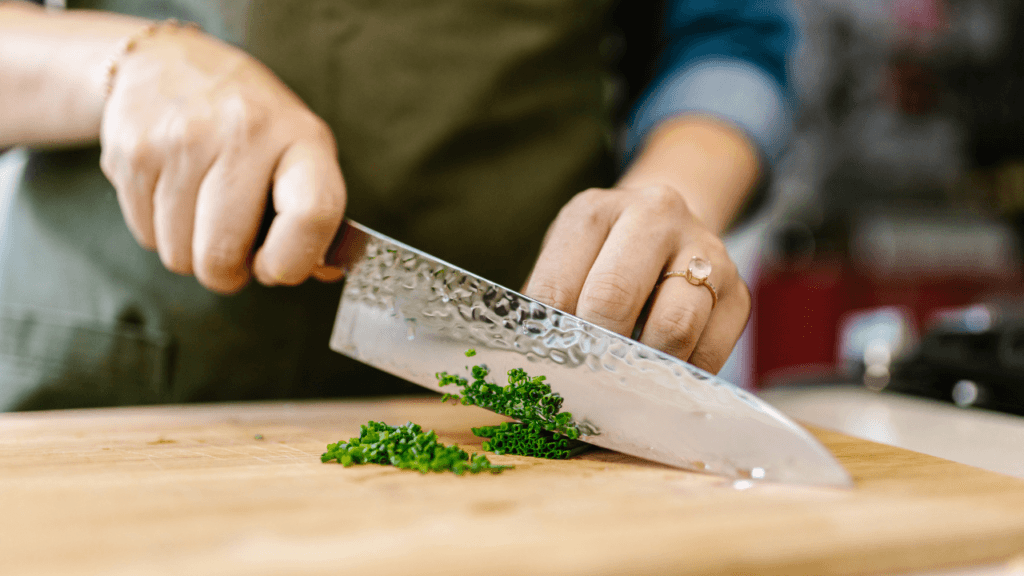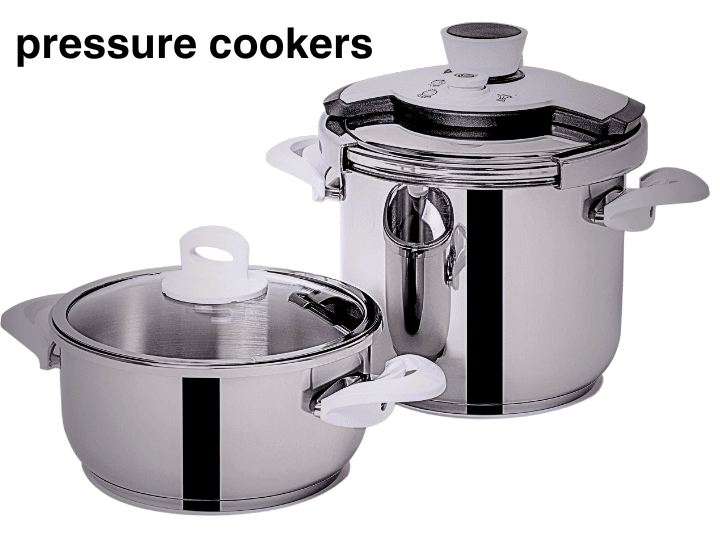When it comes to keeping your hands clean and protected during various tasks, gloves are essential. But with so many options-latex, nitrile, vinyl-it’s easy to feel overwhelmed.
If you’ve heard about vinyl gloves and are wondering what makes them unique, you’ve come to the right place!
In this guide, we’ll explain what vinyl gloves are, how they’re used, their benefits, and where they shine best.

Contents
What Are Vinyl Gloves?
Vinyl gloves are disposable gloves made from polyvinyl chloride (PVC), a type of synthetic plastic. These gloves are commonly used as a protective barrier for quick, low-risk tasks to keep hands clean and prevent contamination.
While not as flexible as latex or as durable as nitrile gloves, vinyl gloves offer an affordable and allergy-friendly alternative.
How Are Vinyl Gloves Different from Other Gloves?
Compared to Latex: Vinyl gloves are latex-free, which makes them a great choice for anyone with latex allergies.
Compared to Nitrile: While nitrile gloves are more durable and resistant to chemicals, vinyl gloves are lightweight and budget-friendly, making them ideal for short-term use.
Where Are Vinyl Gloves Used?
Vinyl gloves are a great fit for situations that require protection but don’t involve high risks or exposure to harsh chemicals. Here’s where they’re most commonly used:
Medical and Healthcare Settings
Vinyl gloves are often used for non-sterile tasks like general examinations or basic medical care where minimal contact with infectious materials occurs.
They provide a convenient way to keep hands clean during routine tasks. However, they aren’t recommended for high-risk medical procedures.
Food Handling and Preparation
In kitchens, cafes, and restaurants, vinyl gloves are popular for food handling because they’re easy to slip on and off between tasks. They help prevent cross-contamination and meet hygiene standards in food service environments.
Cleaning and Household Tasks
Vinyl gloves are also handy for light cleaning jobs around the house. They’re great for washing dishes, wiping surfaces, or tackling simple DIY projects like painting. They provide enough protection without being overkill for low-risk tasks.
Why Choose Vinyl Gloves? Key Benefits
Affordable and Easily Available
Vinyl gloves are one of the most budget-friendly disposable glove options. If you need gloves in large quantities, such as for food service or cleaning, vinyl gloves are a great choice without straining your budget.
Latex-Free and Allergy-Friendly
One of the standout features of vinyl gloves is that they are latex-free, which makes them safe for individuals with latex allergies. You can use them without worrying about allergic reactions.
Comfortable for Short-Term Use
Vinyl gloves are lightweight and comfortable to wear for short periods. They aren’t as tight-fitting as latex or nitrile gloves, which can make them easier to slip on and off between tasks.
Limitations of Vinyl Gloves
Although vinyl gloves offer several benefits, they aren’t suitable for every situation. Here are a few things to keep in mind:
Limited Durability
Vinyl gloves are less durable and more prone to tearing than nitrile or latex gloves, so they aren’t ideal for tasks that involve sharp objects or require a lot of stretching.
Not Recommended for High-Risk Medical Use

For procedures involving exposure to infectious fluids or harsh chemicals, vinyl gloves don’t provide the same level of protection as nitrile gloves. They are better suited for low-risk tasks.
Environmental Considerations
Since vinyl gloves are made from PVC plastic, they aren’t biodegradable. If you’re looking for an eco-friendly option, you might want to use them only when necessary and dispose of them responsibly.
How to Choose the Right Vinyl Gloves for Your Needs
When selecting vinyl gloves, a few factors can make all the difference in comfort and performance. Here’s what to consider:
Size and Fit
Choose a size that feels comfortable but snug. Vinyl gloves don’t stretch as much as latex or nitrile, so getting the right fit ensures they won’t slip off during use.
Thickness
Vinyl gloves come in different thicknesses. Thicker gloves offer more durability but may feel less flexible, while thinner gloves provide better dexterity but are more prone to tearing.
Powdered vs. Powder-Free
Some vinyl gloves come with a light powder coating that makes them easier to put on, but powder-free gloves are better for tasks like food handling or when working with sensitive skin.
Vinyl gloves are an affordable and practical solution for everyday tasks that don’t require heavy-duty protection.
Whether you’re handling food, doing light cleaning, or working in a healthcare setting, they offer a quick and convenient way to keep your hands clean. They’re also latex-free, making them a safe choice for anyone with allergies.
While they may not be the best option for high-risk or heavy-duty jobs, they serve their purpose well for short-term, low-risk tasks.
Now that you know what vinyl gloves are and where they fit best, you can choose the right gloves for your needs with confidence.
Have you used vinyl gloves before? Share your experiences or ask any questions in the comments below-we’d love to hear from you!



